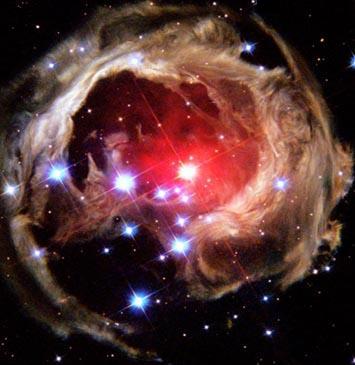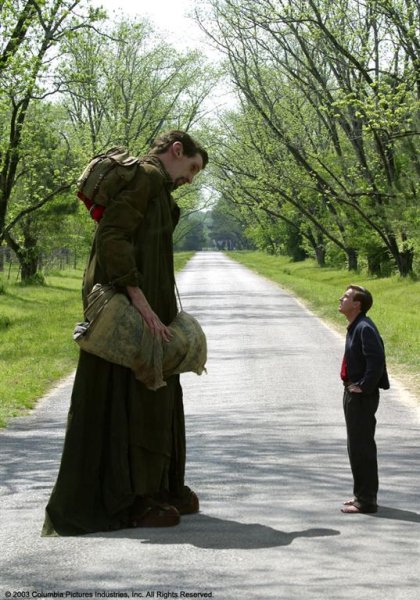
It seems that short stories at times are designed specifically to illustrate a writer’s opinionated idea; it’s most evident in “The Star” by Arthur C. Clarke. Clarke has two main opinions he felt were necessary to voice and uses his story as means of expressing them.
So a basic layout of the story follows something like this, an astrology crew traveled light years to a dead star named The Phoenix nebula. When venturing there the protagonist, a committed Jesuit, loses his faith and comes to the realization that there may not be a god. It seems obvious that Clarke had clear intentions of illustrating his opinion on religion and fate; he goes about the two differently.
When it comes to his method of executing the religion aspect in the short story I feel it was blatantly apparent how he felt about religion. If the fact that the protagonist is having problems with his own spirituality wasn’t sufficient enough to convince you on his feeling for god, I’d say that the dialogue between him and his crew members was plenty. “ (Out of all the stars) But how you can believe that something has a special interest in us and our miserable little world—that just beats me”. This dialogue was an ingenious method of delivery, for it states the problem with religion logically, in Clarkes’ mind. Another point of interest that reinforces Clarkes’ opinion of an absent god is the reasoning he has his protagonist go through when discovering the ancient races’ information and history. In laymen terms he basically goes through another logical reasoning and asks how could a god destroy a civilization that had never done anything truly evil. Was there no mercy? Which leads me to Clarkes’ 2nd opinion.
Coinciding with Clarkes’ view on religion comes his view of impending doom. The protagonist, through his journey to the Phoenix Nebula and being there, realizes that hundreds of stars explode with inhabited planets revolving around it, leading to the instant death of civilizations. He hits home with his opinion by constantly hinting at parallels with earth, which allows for the reader to become emotionally involved with the story. By doing this, Arthur C. Clarke is successful in not only having you sympathize with the protagonist but also scare you about the current situation; leading to persuading you to believe his opinion of impending doom. Although he takes a more pessimistic way of thinking of the end of time (more literally, the end of our time) he does speak the truth, which is that we will all die eventually. This bleeds into a more subtle opinion he expresses, which is the search of every civilizations need for immortality.
The protagonist explains that the once thriving civilization, in pursuit of immortality, was obliterated without an instance of a warning. To me this seemed almost to close to the truth of the matter. For Clarke is trying to express in an abstract matter that humans, or civilizations, are never content or living there lives but rather trying to find out how to live forever. To parallel with our society today, if you think about it, it is true. We are always living for tomorrow and god knows the pharmaceutical industry is trying to make a buck while finding the next pill to prolong your life. So although it may be miniscule side point, I find it to be valid and just as important as the other two. I feel confident in saying that Arthur C. Clarke voiced his opinions as efficient as he could within four short pages.










